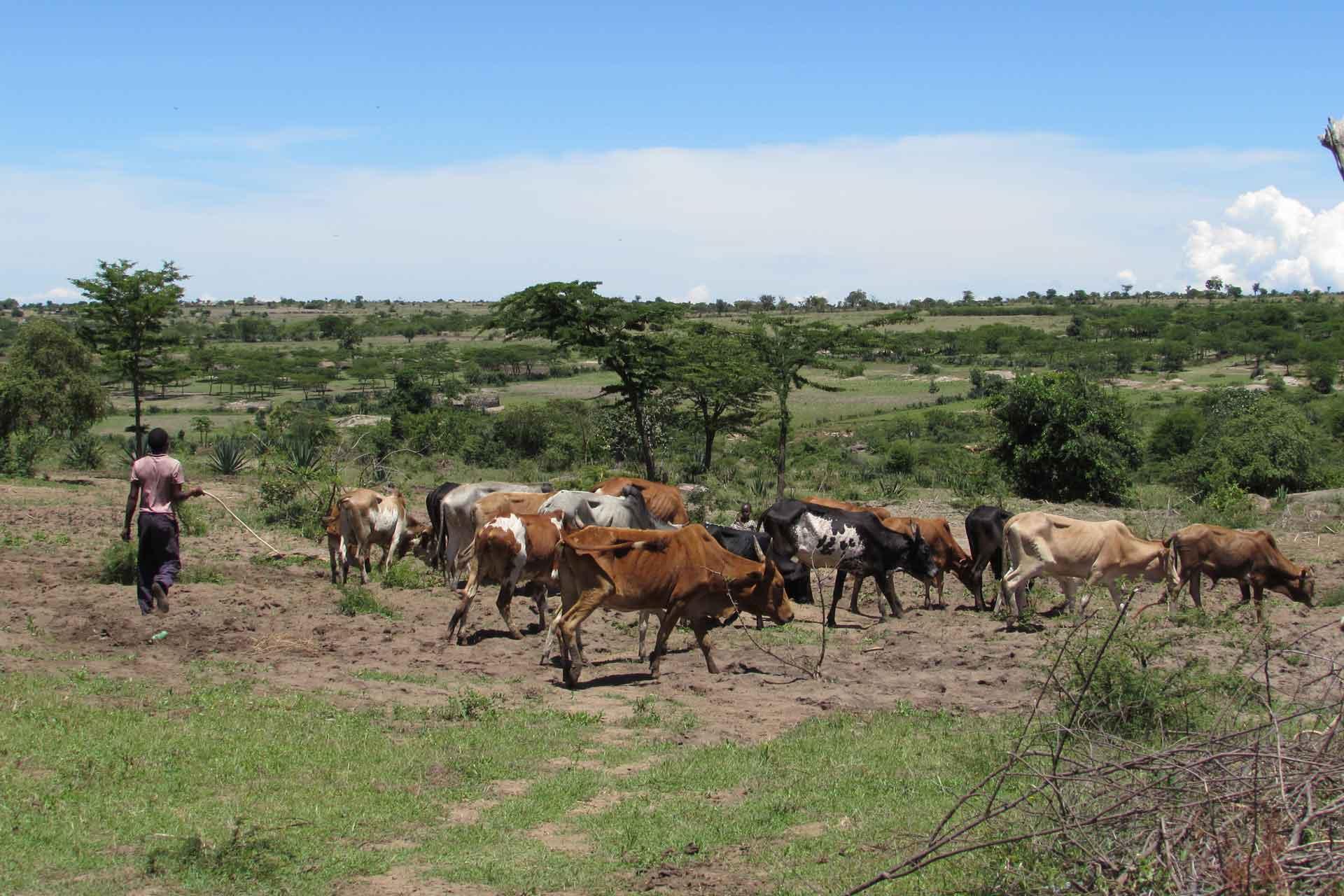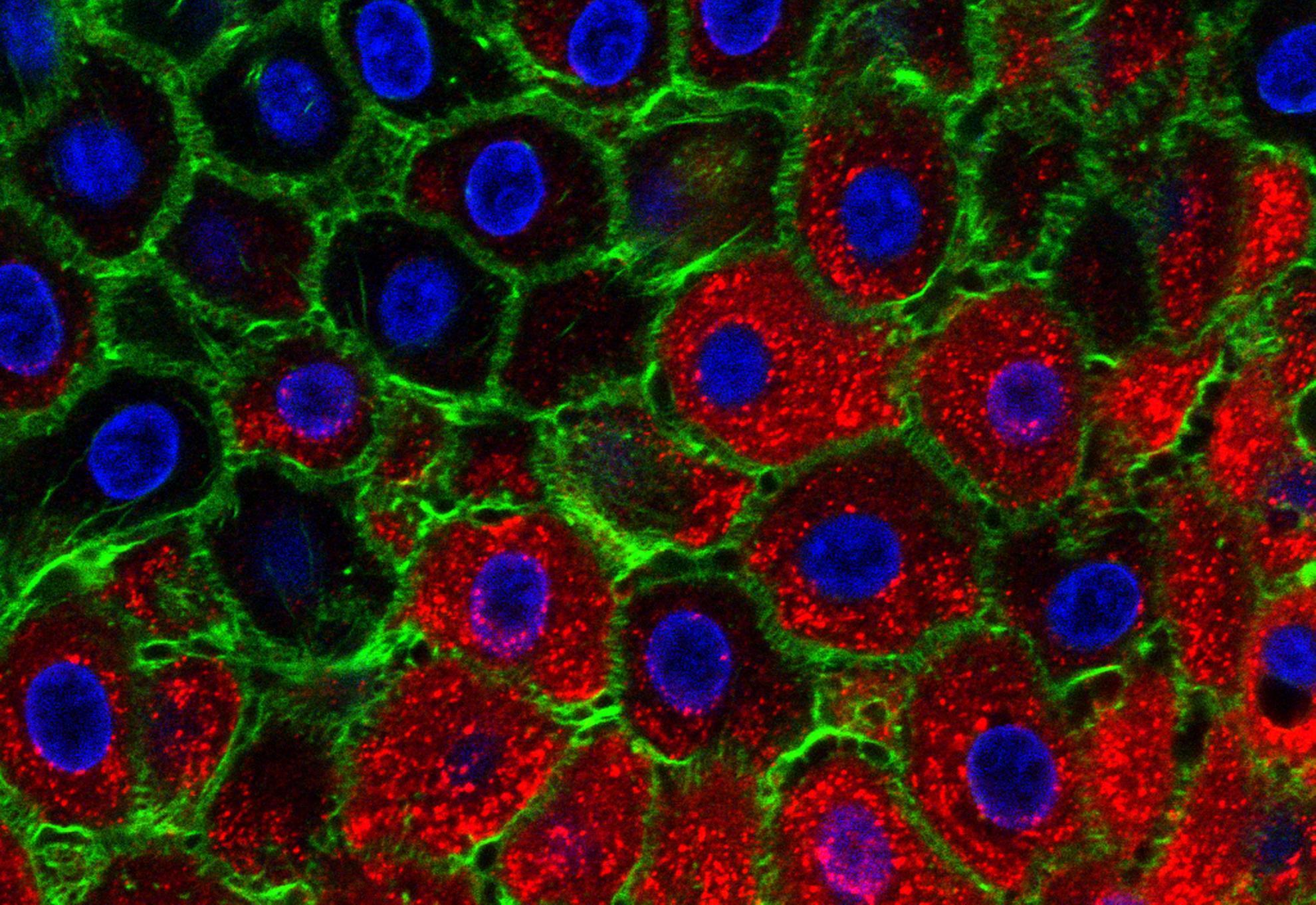GoPrime: development of an in silico framework to predict the performance of real-time PCR primers and probes using foot-and-mouth disease virus as a model
Real-time PCR (rPCR) is a widely accepted diagnostic tool for the detection and quantification of nucleic acid targets. In order for these assays to achieve high sensitivity and specificity, primer and probe-template complementarity is essential; however, mismatches are often unavoidable and can result in false-negative results and errors in quantifying target sequences. Primer and probe sequences therefore require continual evaluation to ensure they remain fit for purpose. This paper describes the development of a linear model and associated computational tool (GoPrime) designed to predict the performance of rPCR primers and probes across multiple sequence data. Empirical data were generated using DNA oligonucleotides (n = 90) that systematically introduced variation in the primer and probe target regions of a diagnostic assay routinely used to detect foot-and-mouth disease virus (FMDV); an animal virus that exhibits a high degree of sequence variability. These assays revealed consistent impacts of patterns of substitutions in primer and probe-sites on rPCR cycle threshold (CT) and limit of detection (LOD). These data were used to populate GoPrime, which was subsequently used to predict rPCR results for DNA templates (n = 7) representing the natural sequence variability within FMDV. GoPrime was also applicable to other areas of the FMDV genome, with predictions for the likely targets of a FMDV-typing assay consistent with published experimental data. Although further work is required to improve these tools, including assessing the impact of primer-template mismatches in the reverse transcription step and the broader impact of mismatches for other assays, these data support the use of mathematical models for rapidly predicting the performance of rPCR primers and probes in silico.

